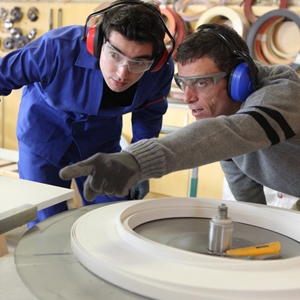
How can you retain an apprentice in your business?
Businesses looking to offer an apprenticeship have a range of different options available to help find the right candidates for their workplace. However, with dropout rates for these courses around 50 per cent, retaining apprentices is more important than ever.








